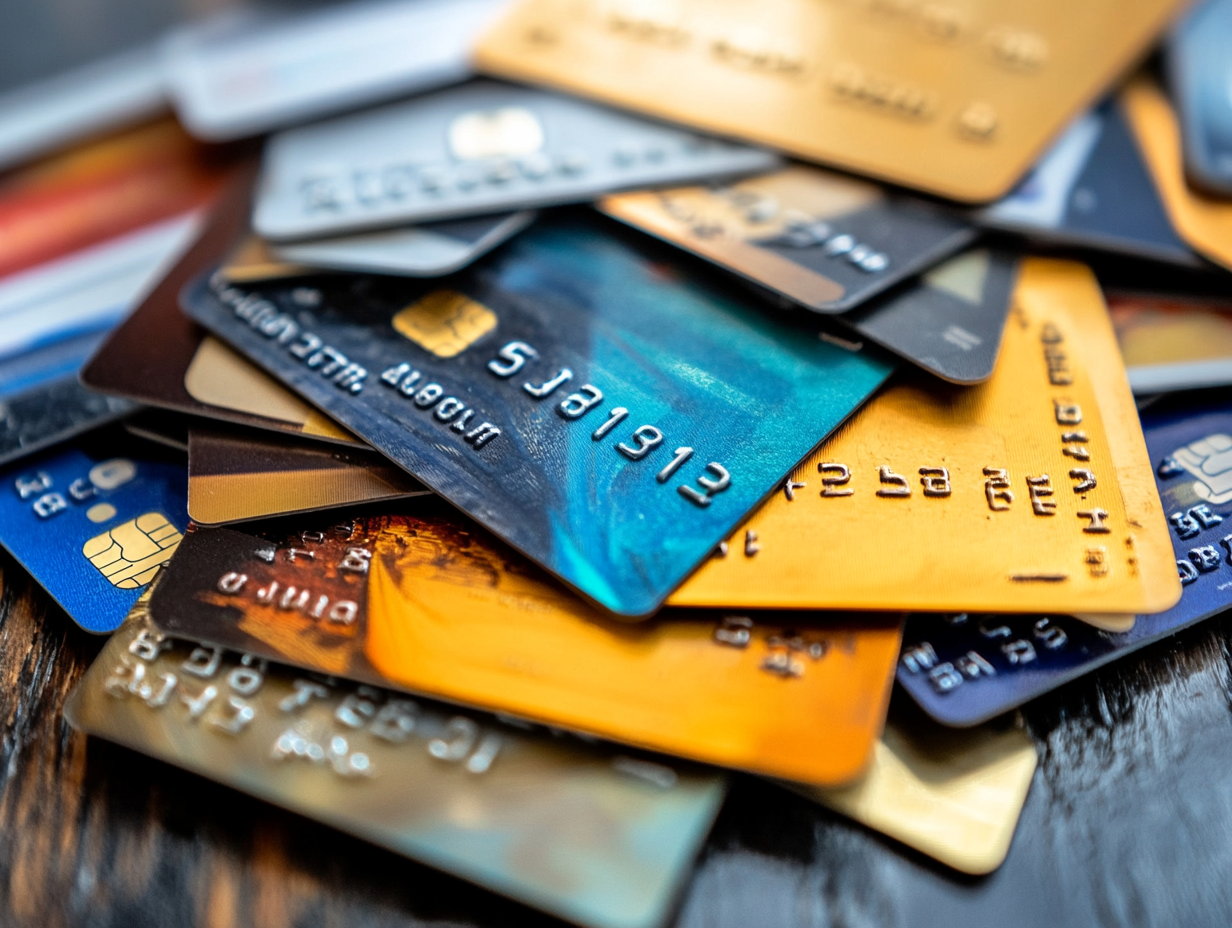Protect your finances with smart credit card usage tips focusing on secure transactions, fraud prevention, regulatory safeguards, and responsible repayment habits for long-term financial safety and better credit management.
With digital transactions soaring in the country, safeguarding your credit cards has never been more important. Scamsters are using unique and never-before-seen ways to con innocent victims and misappropriate funds.
This makes it essential for credit card holders to understand that credit cards are debt instruments and to protect their confidential information, such as the CVV, ATM PIN, and OTPs. Here are key steps borrowers should adopt to protect their financial integrity.
Ensure smart usage and monitoring
- Enable real-time SMS and email transaction alerts to keep yourself updated. Check your credit card bills and monthly statements promptly for unauthorised entries.
- Protect the confidential details of your credit card. Never share them with anyone, either through a phone call or an email.
- Use your credit card only on websites/apps with secure URLs (look for https://) and avoid logging in through public Wi-Fi networks.
- Change your credit card PIN every few months and regularly update the financial institution’s application and its security features.
- If in doubt, go to the official website of your credit card issuing institution, click on the Contact Us section, and reach out to their customer support team.
Leverage regulatory protections and smart settings
- Stay informed of the RBI’s rules. Credit card issuers are mandated to issue accurate billing and obtain your consent before providing card upgrades or making changes to your limit. You can report any unauthorised transactions, often at zero liability if you report them early.
- Enable tokenisation for online payments to replace your credit card number with a secure token. This adds more control to transactions and reduces financial fraud risk.
- Block your lost credit card immediately to prevent financial damage. The faster you act, the better it is for your long-term financial health.
Maintain good habits for long-term safety
- Keep your personal information separate from your card details. Never store CVV, PIN, or credit card images on your phone, as this poses a serious security risk if the device is lost or stolen.
- Avoid using multiple credit cards with large unused limits. Excessive unused credit can lead to impulsive spending and hurt your credit utilisation ratio, making future personal loans and credit cards difficult to secure.
- Stay responsible with your usage. Make full payments on time, avoiding only the minimum dues, and try to keep your credit utilisation ratio low, preferably under 30 percent of your total credit limit.
Credit cards come with several inherent risks
- High-interest debt: Carrying a balance for an extended period can result in heavy interest charges.
- Threat of overspending: Easy credit can result in emotion-based spending on leisure expenses.
- Damage to credit score: Missing bill payments can hurt your credit score and lead to high fines and legal complications.
- Fraud and identity theft: Unauthorised transactions can occur if card data is lost or shared.
- Hidden fees and charges: Annual fees, late payment charges, cash advance fees, and foreign transaction charges can add up unexpectedly if not monitored.
In conclusion, by combining vigilant monitoring, secure transaction practices, and awareness of your rights as a cardholder, you can significantly reduce the risk of fraud and misuse.






